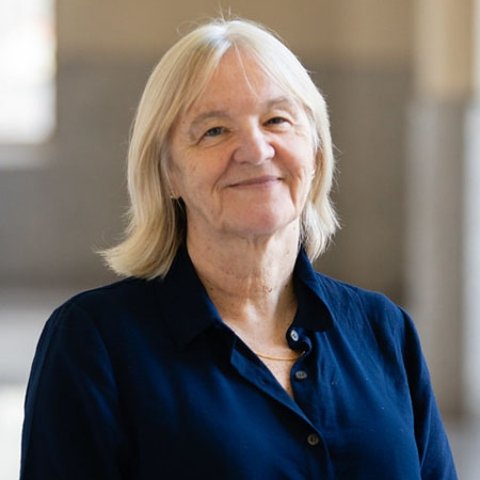Hazel Smith
Former Fellow
Professional Affiliation
Professorial Research Associate in Korean Studies School of Oriental and African Studies, University of London, United Kingdom and Professor Emerita of International Security, Cranfield University, UK.
Expert Bio
Professor Hazel Smith is Professorial Research Associate in Korean Studies at the School of Oriental and African Studies, University of London, Professor Emerita in International Security at Cranfield University, and member of the Global Futures Council on Korea of the World Economic Forum. Professor Smith received her PhD in International Relations from the London School of Economics. Professor Smith’s publications include ‘The ethics of United Nations sanctions on North Korea: effectiveness, necessity and proportionality’, Critical Asian Studies, 52 (2); 2020; North Korea: Markets and Military Rule (Cambridge University Press, 2015), translated into Korean (Seoul: Changbi, 2017); Hungry for Peace: International Security, Humanitarian Assistance and Social Change in North Korea (Washington DC: United States Institute of Peace Press, 2005). Professor Smith has researched East Asian security and North Korea for over 30 years, is regularly called on to advise government agencies worldwide, and is a frequent broadcaster for global media on North Korea and East Asian security. Professor Smith lived in North Korea for two years while working for UN WFP and UNICEF; earning a (still valid) North Korean driving license.
Wilson Center Project
North Korea: Security and Survival
Project Summary
Why is it that successive post-Cold War North Korean governments could not achieve the core goal of regime security; having to make do with the minimalist outcome of regime survival? My central thesis is that regime survival can be understood as the staving off of potential military intervention from abroad. The challenge to regime security, however, came from the threat of domestic instability generated from the market-oriented, individualist rationalities that undermined the legitimacy and effectiveness of communitarian social and institutional norms and practices that had previously given political elites hegemonic control over the state and all associational life, including the family. The policy significance of the research is to demonstrate, perhaps counter-intuitively, that post-Cold War DPRK governments have weak control and implementation capacities; already we see the rise of unregulated market dynamics and a potential risk of nuclear proliferation from profit-seeking actors.
Major Publications
North Korea: Markets and Military Rule (Cambridge University Press, 2015; translated into Korean Changbi Press, 2017);
Hungry for Peace: International Security, Humanitarian Assistance and Social Change in the DPRK (Washington D.C: USIP press, 2005)
Reconstituting Korean Security (Tokyo: United Nations University Press, 2007)
Previous Terms
September 5th, 2012 - May 4th, 2013, Asia Program
Insight & Analysis by Hazel Smith
- Past event
- History
Guns, Guerillas, and the Great Leader: North Korea and the Third World
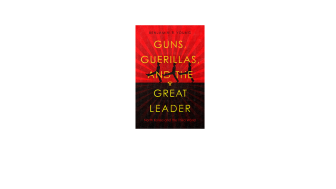
- Past event
- History
North Korea: Markets and Military Rule
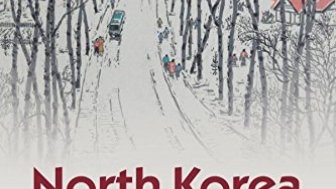
- Past event
- Cold War
The Real North Korea: Life and Politics in the Failed Stalinist Utopia
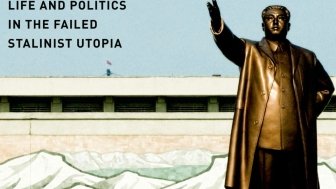
- Past event
- Conflict Resolution and Peacebuilding
Smart Power for North Korea: U.S. Policy Options and North Korea's Foreign Policy Priorities

- Publication
- History
Explaining North Korean Migration to China
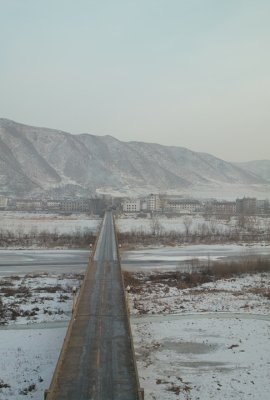
- Past event
The North Korean Diaspora in Northeast Asia

